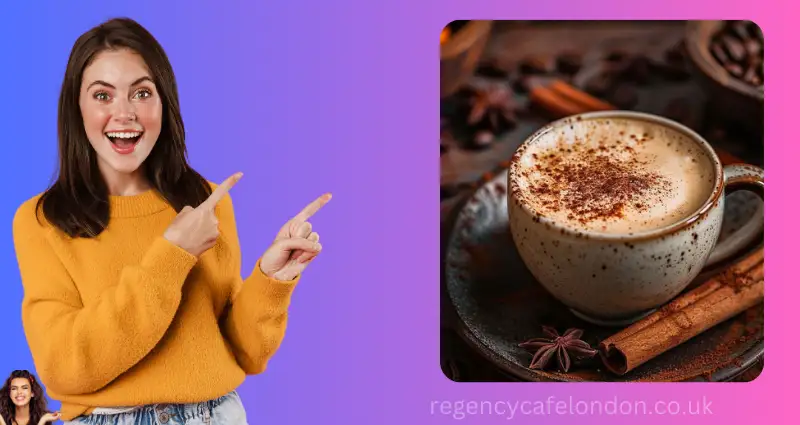Picture this: it’s a Monday morning, and you’re reaching for your first (or third) cup of coffee.
You take that glorious sip, feel a surge of energy, and… whoops, is that your heart racing?
Are you suddenly second-guessing every decision you’ve made since 2009? If so, welcome to the caffeine club.

How Coffee Works: The Science in Simple Terms
Coffee’s primary active ingredient is caffeine, a stimulant that gives you energy by blocking adenosine—a chemical that makes you feel sleepy.
Great, right?
Well, there’s a catch: caffeine also triggers the release of adrenaline, the “fight-or-flight” hormone.
This can sometimes make your brain feel like it’s at a rave, even if your body’s just sitting at a desk.
Here’s a simplified breakdown of what caffeine does:
| Caffeine Effect | Result |
|---|---|
| Blocks adenosine | Increased alertness |
| Releases adrenaline | Faster heart rate, heightened emotions |
| Boosts dopamine | Temporary mood improvement |

Can Coffee Actually Cause Anxiety?
Short answer: Yes, but it depends on you.
Some people are more sensitive to caffeine than others. For these folks, even a single cup can feel like hosting a party where anxiety is the uninvited guest who refuses to leave.
Signs Coffee Might Be Messing With You:
- Racing heart (not from seeing your crush, unfortunately).
- Feeling jittery or shaky.
- Overthinking minor issues (“Did I really need to wave at that stranger?”).
- Trouble concentrating (ironically).
- Digestive discomfort (hello, stomach drama).
Why Coffee Affects People Differently
- Genetics: Some people metabolize caffeine faster than others. If you’re a slow metabolizer, caffeine sticks around in your system longer, increasing the chances of anxiety.
- Existing Anxiety Levels: If you’re already prone to anxiety, coffee might amplify those feelings. It’s like giving a megaphone to your inner worrier.
- Caffeine Tolerance: Regular coffee drinkers build a tolerance over time. If you’re new to coffee, even a small amount could feel overwhelming.
Practical Tips: How to Enjoy Coffee Without the Anxiety
If you’re not ready to quit coffee (and who could blame you?), here are some strategies to reduce its anxiety-inducing effects:
- Know Your Limit: Most experts suggest staying under 400 mg of caffeine daily (about 4 cups of coffee). If you’re feeling jittery, scale back.
- Timing Matters: Avoid coffee in the late afternoon or evening. Caffeine has a half-life of about 5 hours, meaning it can stick around and mess with your sleep.
- Eat First: Drinking coffee on an empty stomach can amplify its effects. Pair it with breakfast to soften the blow.
- Try Decaf or Half-Caf: Not all coffee needs to be a full-throttle caffeine fest. Decaf can still give you the ritual without the jitters.
- Switch It Up: Consider alternatives like tea or matcha, which have caffeine but also contain L-theanine—an amino acid that promotes relaxation.
| Drink | Caffeine Content (per 8 oz) | Bonus Feature |
| Coffee | ~95 mg | Pure energy |
| Black Tea | ~47 mg | Gentler buzz |
| Green Tea | ~28 mg | Calming L-theanine |
| Matcha | ~70 mg | Sustained focus |
| Decaf Coffee | ~2 mg | Ritual without jitters |

The Funny Side of Coffee and Anxiety
Let’s be real: coffee isn’t just a drink; it’s a personality trait.
People don’t say, “But first, tea.” Still, if coffee’s turning you into a ball of nerves, it might be time to rethink your relationship.
Maybe your barista shouldn’t know your order by heart… and your pet shouldn’t be dodging your caffeine-fueled karaoke sessions.
Final Sip: Should You Blame Coffee for Anxiety?
Coffee can contribute to anxiety, but it’s not the villain in everyone’s story.
The key is understanding your limits and making tweaks to your coffee habits.
After all, life’s too short to completely ditch something as delightful as a cup of joe—just don’t let it turn you into a jittery mess.
So, the next time your heart races after a latte, ask yourself: Is it the caffeine, or are you just excited to tackle the day? Either way, take it one sip at a time.



